
Breaking News: Unilorin Alumi Association: 'We were warned' - Opinion
Breaking News: Breaking: Court Restrains Oyo Assembly from Further Impeachment Process Against Makinde’s Deputy, Olaniyan
Breaking News: Labour leaders physically assault Ogun journalists for covering strike, harass hospital workers
Breaking News: Congratulations Asiwaju – Osinbajo’s spokesperson accepts defeat
Breaking News: Finalissima: Messi steals show, beats European Champion, Italy
An earthquake of magnitude 5.7 struck eastern Turkey, Tuesday, the European Mediterranean Seismological Centre, EMSC, has said.
According to Reuters, the quake was at a depth of 46 km (28.58 miles).
Seismologists would expect there to be a series of aftershocks after the two major quakes on Monday.
Although less powerful than the initial event, they pose a risk to rescue workers and could provoke further collapses among buildings already weakened by Monday’s quakes.
Dozens of powerful aftershocks continued to jolt southern Turkey and northern Syria, Tuesday, a day after an earthquake struck the region killing more than 5,000 people and destroying thousands of buildings, as difficult conditions, freezing temperatures and damaged roads hampered rescue efforts.
According to Reuters, as the scale of the devastation from the 7.8 magnitude tremor continued to unfold, the World Health Organization warned the number of casualties could exceed 20,000.
The number of confirmed deaths on the Syrian side of the border rose to 1,602, bringing the death toll in both countries to 5,021.
Turkey’s disaster management agency said it had 11,342 reports of collapsed buildings, of which 5,775 had been confirmed.
People in remote towns in southern Turkey described how relief efforts were stretched to breaking point, amid destruction over a border region spanning almost 650 miles.
In rebel-held northern Syria, volunteer rescue workers said they lacked some of the most basic fuel and other provisions required to pull those still trapped under the rubble of their homes.
An unknown number of people remain trapped and efforts to find survivors have been frustrated by frigid conditions.
Poor internet connections and damaged roads between some of the worst-hit cities in Turkey’s south, home to millions of people, also hindered rescue teams.
Adelheid Marschang, World Health Organization, WHO, senior emergency officer, has said about 23 million people, including 1.4 million children, were likely to be exposed in both countries following the earthquake and its aftershocks that reduced thousands of buildings to rubble.
Marschang said Turkey had a strong capacity to respond to the crisis but that the main unmet needs in the immediate and medium term would be across the border in Syria, already grappling with a years-long humanitarian crisis due to the civil war and a cholera outbreak.
“This is a crisis on top of multiple crises in the affected region,” she said at the organisation’s board meeting in Geneva. “All over Syria, the needs are the highest after nearly 12 years of protracted, complex crisis, while humanitarian funding continues to decline.”
The WHO said it was dispatching emergency supplies, including trauma and emergency surgical kits, and activating a network of emergency medical teams.
“It’s now a race against time,” said the WHO director general, Tedros Adhanom Ghebreyesus. “Every minute, every hour that passes, the chances of finding survivors alive diminishes.”
He said the WHO was especially concerned about areas of Turkey and Syria from where no information had emerged since Monday’s earthquake. “Damage mapping is one way to understand where we need to focus our attention,” he said.
Syria accused of playing politics with aid
Syria was accused of playing politics with aid after the Syrian ambassador to the UN, Bassam Sabbagh, said his country should be responsible for the delivery of all aid into Syria, including those areas not under Syrian government control.
The dispute over the control of the aid – along with the weather, destroyed roads and closed crossing points – is hampering aid efforts into northern Syria, which is held by rebel groups.
The government in Damascus allows aid to enter the region through only one border crossing.
Syria has been resistant to allowing aid into a region serving more than 4 million people because it regards the aid as undermining Syrian sovereignty and reducing its chances of winning back control of the region.
“The areas worst affected by the earthquake inside Syria look to be run by the Turkish-controlled opposition and not by the Syrian government,” said Mark Lowcock, the former head of UN humanitarian affairs.
“It is going to require Turkish acquiescence to get aid into those areas. It is unlikely the Syrian government will do much to help.”
Greek rescue workers arrive Turkey
A team of Greek rescue workers, specialised in dealing with natural disasters, have arrived in Turkey’s Hatay region with sniffer dogs, doctors, nurses and a special fire-fighting vehicle.
The 21-strong team, which flew in on a C-130 military plane, started pitching tents and getting to work this morning. “We are going to give it our best,” said team leader Dimitris Roumbas whose experience in search and rescue stretches back 25 years.
“Just as we would work in our country, we will work in the country that is our neighbour. Our work is to free and save as many lives as possible.”
Prime minister Kyriakos Mitsotakis instructed the mission be sent to Turkey within hours of the 7.8-magnitude earthquake strike.
In a rare telephone call on Monday evening with Turkey’s president Recep Tayyip Erdogan, he reiterated Athens’ “readiness to provide all further assistance necessary.”
The search and rescue mission is likely to followed by many more, officials say.
Greece was among the first countries to offer help to Turkey despite an historic rivalry that dates back decades over regional disputes.
In December as bilateral tensions rose and the rhetoric became ever more inflammatory, Erdoğan threatened to strike Athens with short-range ballistic missiles, in a move that not only highlighted the degree to which ties had deteriorated, but the escalating threat of armed conflict in the eastern Mediterranean.
In an about-turn that would have been inconceivable before the earthquake, the Turkish embassy in Athens chose to thank Greeks in a Greek-language tweet, writing “for your immediate response and messages of solidarity towards Turkey after the catastrophic earthquake that hit our country.”
The assistance has evoked memories of the earthquake diplomacy that flourished – and helped ameliorate ties – in 1999 when both countries were also hit by devastating quakes within weeks of each other.
UK Rescue Effort ready – Development Minister
In the UK, the development minister, Andrew Mitchell, has said that the UK’s contribution to the rescue effort was ready to leave for Turkey, but had been delayed as rescue teams globally were coordinated.
Speaking on the GB News channel, Mitchell said “Britain is sending 76 people who specialise in getting people out of the rubble and four sniffer dogs, and also an emergency response team to see what more widely we can do to help.
“The critical thing in these circumstances is the first 72 hours, these significant British assets are waiting to leave Birmingham, they were ready to leave last night. It’s been coordinated very professionally by the Turkish authorities. They will be leaving imminently.
“And of course, they will be landing in daylight. And that is the time when they can be most effective. One of the things we learned from the Haiti earthquake over 10 years ago now was the importance of coordination and everyone not just rushing in.
“It will land in daylight today, I hope, later this morning, and it will immediately hit the ground running. I hope that they will be able to save lives.”
Newsletter

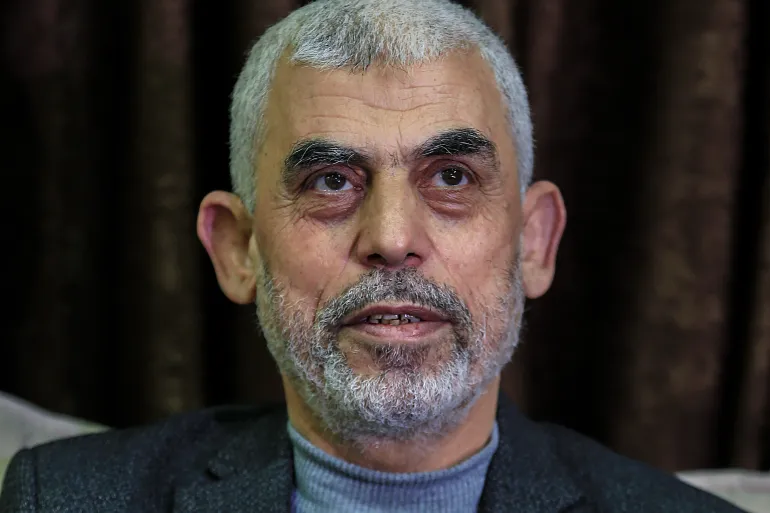
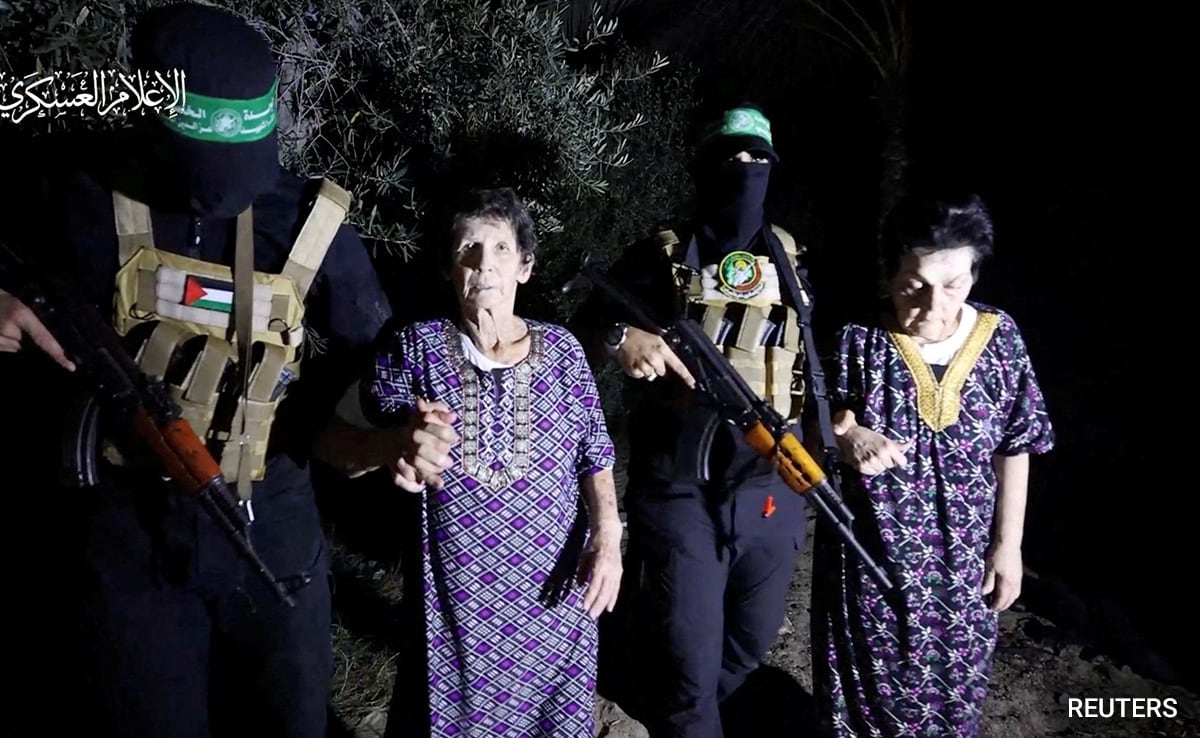
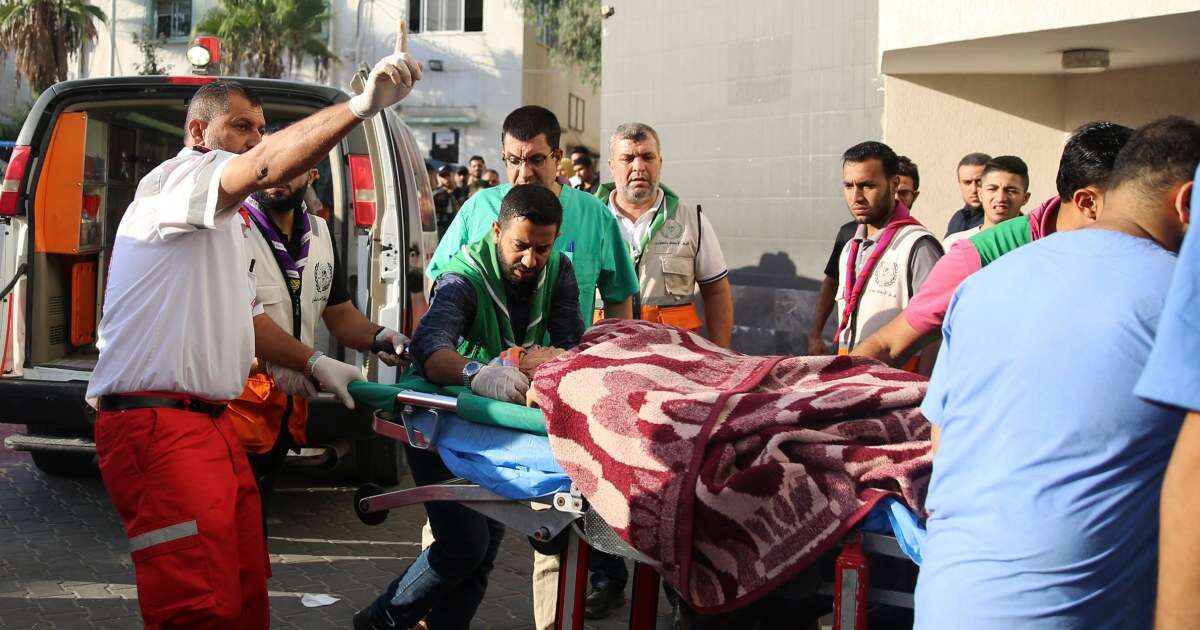

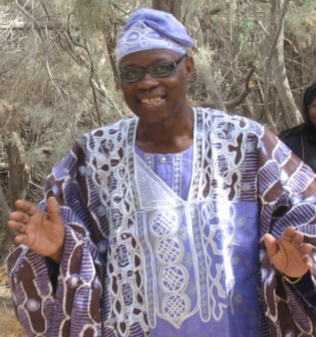

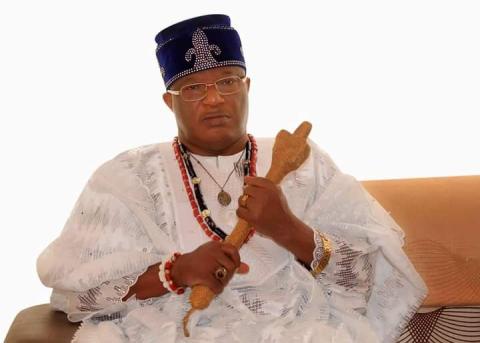
We are not gonna make spamming
Copyright By @ HorizonTimes - 2026
BACK TO TOP